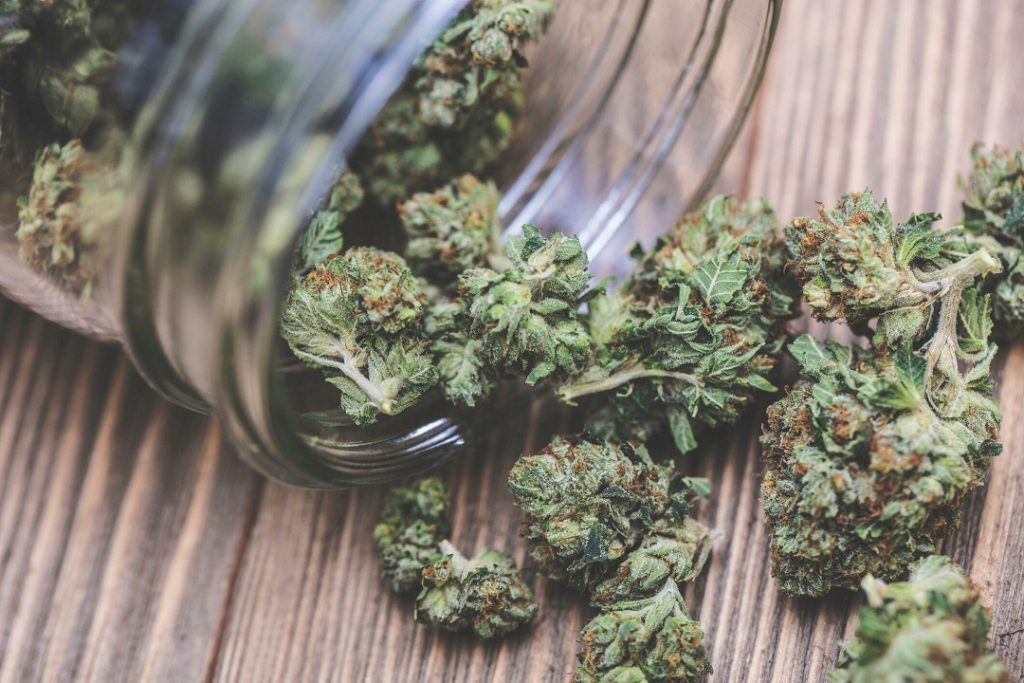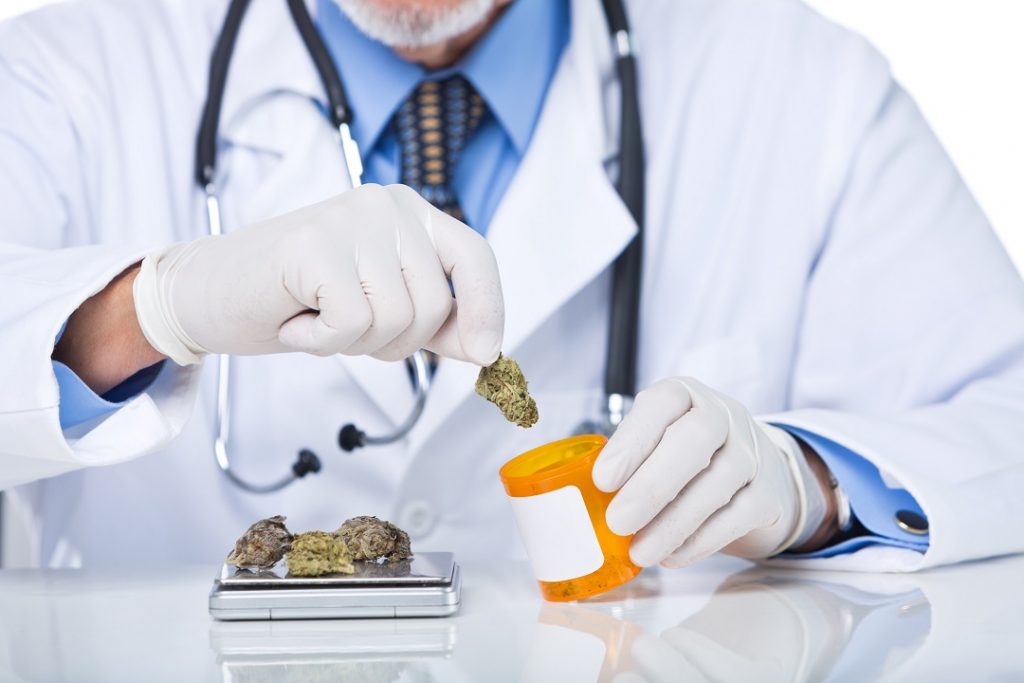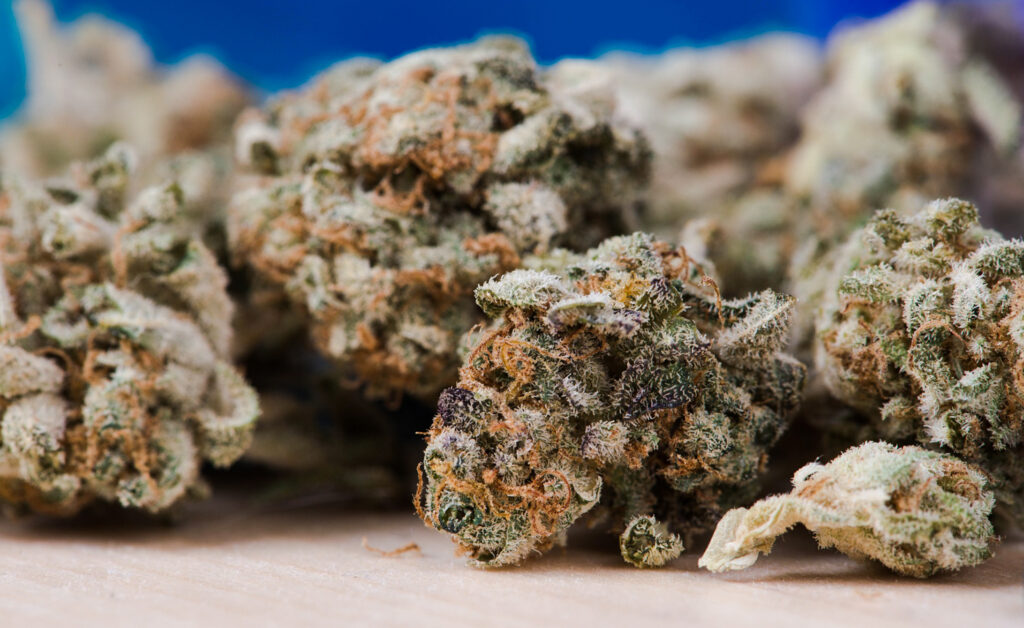There is a not-so-quiet revolution going on in Switzerland at the moment. The country is getting ready for what is likely to be Europe’s most disruptive recreational trial.
In the meantime, all sorts of other consequential events are underway. Namely, the government is about to remove the requirement that prescribing cannabis doctors obtain special permission before prescribing cannabis.
Last Wednesday, the Swiss Federal Council (the seven-member executive council that serves as the collective head of state and federal government of the country) opened deliberation on changing the national Narcotics Act.
Cannabis of both the medical and recreational kind has been banned in the country since 1951. By amending the federal Narcotics Act in this way, Swiss physicians will be allowed to prescribe cannabis more or less freely and as they wish. Currently, there are about 3,000 authorizations issued every year to treat patients with cancer, neurological diseases and MS.
Cannabis will as a result, become “just” a “controlled narcotic” as it is across the DACH border with Germany (DACH is an acronym for Germany, Austria and Switzerland, who share a special trading alliance). Culturally, the three countries are also closely aligned, starting with a common language.
The Strange Swiss Twist
Since this is cannabis, no matter where the reform is happening, there is bound to be a twist in all of this.
On the positive side, the cultivation, manufacturing and selling of medical cannabis will be federally authorized, for the first time. Commercial export will be permitted. Less clear are the rules for imports (although it is highly unlikely anyone will ban imports of the EU-GMP medical kind).
Given that Switzerland’s immediate trading partner to the north (Germany) moved to do this four years ago, this is hardly revolutionary. Indeed, the first Deutsch-cultivated cannabis is just now reaching German pharmacies.
In the meantime, cultivation for personal use (of course) is still banned.
And here is the most unusual, if not cynical twist of all.
Within several months, Switzerland will also begin a unique recreational trial. Namely, pharmacies will be able to sell high-THC products to anyone who has the money to pay for them as long as they are over 21.
The Swiss solution is not as cynical as the Dutch (who allowed insurers to stop reimbursing domestic medical cannabis claims almost as soon as Germany changed the law to mandate that public insurers do so back in 2017).
That said, the experiment is certainly taking place at an interesting time, just across the border. At the recent ICBC in Berlin, one of the most avidly attended panels was the discussion, by federal German politicians, of which way the cannabis legalization winds will blow as a result of the late September election.
Cannabis reform is a sore point everywhere, including, if not especially Germany, Europe’s largest medical cannabis market (by far) as well as its most influential, is a hot topic just about everywhere.
It is also highly unlikely that any reformer in Germany will ignore the opportunity to point out to still highly reluctant German politicians, about what the Swiss are now doing.
See post-COVID tax revenue.
Easier Access…
One of the largest bug bears in the room, across the DACH region (which of course also includes Austria) is the continued, draconian response of authorities to any kind of cannabis reform. An example of this is the recent disaster suffered by Lidl, one of the world’s largest retailers, in Munich.
In fact, the lack of reform and the ridiculous prosecutions particularly in Germany of late (hemp tea is also a favourite subject), are likely to force at least some kind of reform in at least Germany. Add to the equation a general loosening of the restrictions in Switzerland, along with what seems already to be a smoother if not more sensible plan for cultivation and manufacture, and the Swiss looked primed to take the lead in Europe, if not the DACH on all things both medically and recreationally reform inclined if not minded.
According to Dr. Francis Scanlan, the CEO of Cloud 9 Switzerland, a Life Sciences company about to launch its own THC Swiss chocolate bar after pioneering the entry of his product as the first CBD edible to be starting sales in Dubai, the change is not only welcome, but also overdue.
“This is a very rational, albeit progressive, move in response to the acceptance by the majority of stakeholders in Swiss society that cannabis is a legitimate medicine that truly helps patients while potentially reducing healthcare costs as well as generating tax revenues,” Scanlan said. “What is happening in Switzerland for prescription medical cannabis and our new recreational Pilot Program is very admirable and should be seen as a pragmatic approach to regulating a far too long stigmatized plant across the world.”





